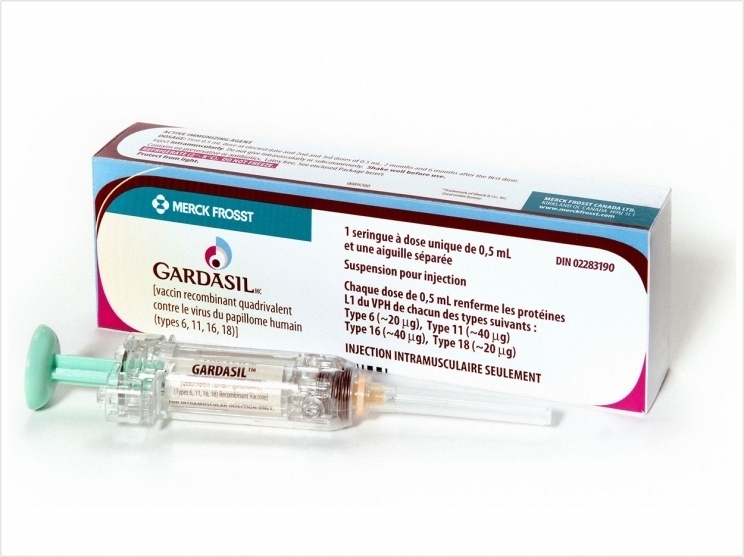
Six out of 10 parents in the United States are choosing to vaccinate their children against the human papillomavirus (HPV), a leading cause of oral and other cancers, according to the Centers for Disease Control and Prevention (CDC). However, the CDC says, many children aren’t completing the recommended series, which comprises 2 doses at 11 and 12 years of age.
“I’m pleased with the progress, but too many teens are still not receiving the HPV vaccine, which leaves them vulnerable to cancers caused by HPV infection,” said CDC director Brenda Fitzgerald, MD. “We need to do more to increase the vaccination rate and protect American youth today from future cancers tomorrow.”
The vaccine can be given to teens along with the whooping cough and meningitis vaccines or during any visit to the doctor’s office. Adolescents who get the first dose of HPV vaccine before their 15th birthday need 2 doses to be protected against cancers caused by HPV. Teens and young adults who start the series at ages 15 through 26 years need 3 doses of HPV vaccine to be protected against cancers caused by HPV.
The National Immunization Survey-Teen report found that 60% of teens ages 13 to 17 years received one or more doses of HPV vaccine in 2016, an increase of 4 percentage points from 2015. The report also showed that HPV vaccination is becoming more common among boys.
The difference in vaccination rates between boys and girls has been narrowing. About 65% of girls received the first dose compared to 56% of boys receiving the first dose. These estimates represent an increase of 6 percentage points from 2015 for boys, while rates for girls were similar to 2015.
Despite these increases, though, the CDC believes areas for improvement remain. While most adolescents have received the first dose of the HPV vaccine, only 43% of teens are up to date on all the recommended doses. HPV vaccination rates also were lower in rural and less urban areas compared to more urban areas.
The vaccine was first introduced more than 10 years ago. In late 2016, the CDC updated its recommendations as evidence showed that 2 doses in younger adolescents provided levels of protection similar to those seen for 3 doses in older adolescents and young adults. The CDC recommends 11- and 12-year-olds get 2 doses of HPV vaccine at least 6 months apart.
“Recent changes to the vaccine recommendations mean preventing cancer is easier now than ever before,” said Nancy Messonnier, MD, director of the CDC’s National Center for Immunization and Respiratory Diseases. “Now is the time for parents to protect their children from cancers caused by HPV.”
HPV vaccination has led to dramatic declines in HPV infections, according to the CDC, highlighting the importance of achieving and maintaining high HPV vaccination rates. Since the vaccine was first introduced, infections with HPV types that cause most of these cancers and genital warts have decreased by 71% in teen girls and 61% in young women.
Related Articles
HPV Vaccine May Reduce Oral Infections By 88%
CDC Now Recommends Just Two HPV Vaccine Doses
Dentists May Play a Greater Role in HPV Vaccination


